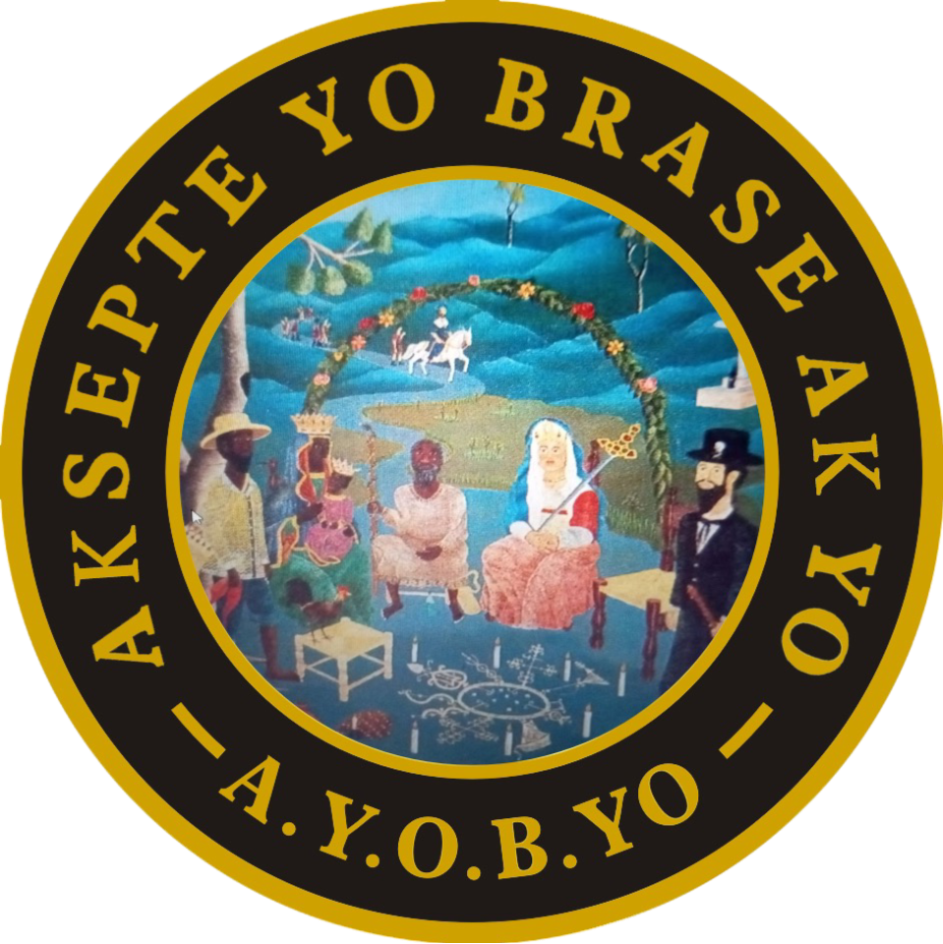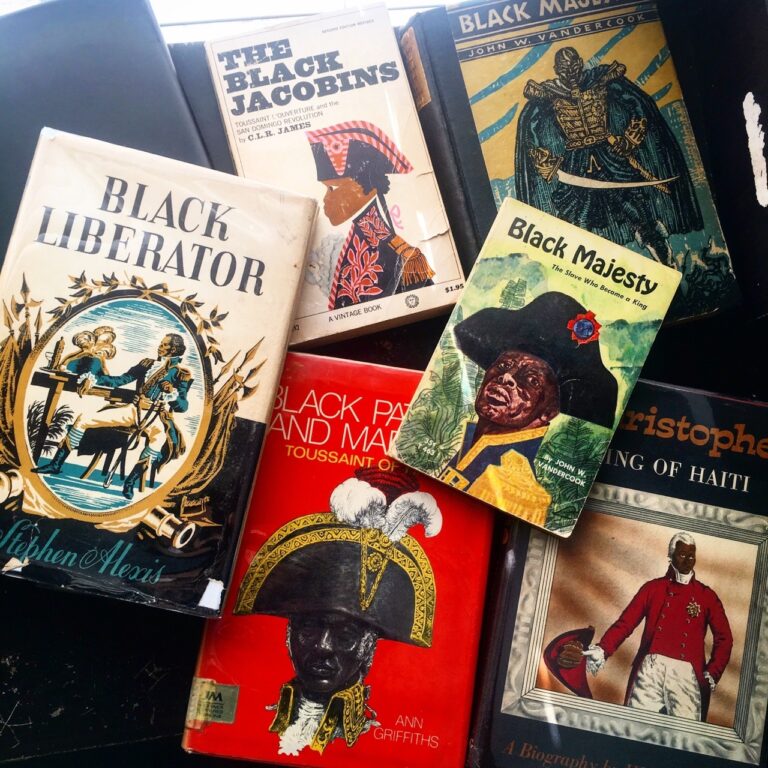The Haitian Revolution of 1791-1804 stands as a monumental event in history, marking the first successful slave revolt that led to the establishment of Haiti as the first independent black republic. In a powerful lecture, Professor Bayyinah Bello delves into the intricacies of this revolution, highlighting its significance and the lessons it imparts for contemporary society.
Key Takeaways
- The Haitian Revolution was a pivotal moment in the fight against colonialism and slavery.
- Economic exploitation and foreign intervention have long-lasting impacts on Haiti’s development.
- Understanding history is crucial for addressing current socio-political issues.
The Context of the Revolution
The Haitian Revolution was not merely a fight for independence; it was a struggle against centuries of oppression and exploitation. Led by figures such as Dutty Boukman, Jean-Jacques Dessalines, and Toussaint Louverture, the revolutionaries sought to dismantle the oppressive systems imposed by colonial powers. Professor Bello emphasizes that the revolution was a response to the brutal realities of slavery and colonialism, which had stripped the Haitian people of their rights and dignity.
Economic Exploitation and Foreign Intervention
One of the critical points raised by Professor Bello is the economic exploitation that Haiti faced, particularly from the United States. She explains that when the U.S. occupied Haiti in 1915, they not only took control of the country’s finances but also altered its laws to benefit foreign interests. This intervention has had lasting repercussions, contributing to the cycle of poverty that persists in Haiti today.
- Key Economic Changes During U.S. Occupation:
- Removal of Haiti’s gold reserves to Fort Knox.
- Alteration of laws to favor U.S. economic interests.
- Introduction of policies that undermined local governance.
The Legacy of the Revolution
The Haitian Revolution serves as a model for other nations, particularly those in Africa, as they navigate their paths to independence. Professor Bello draws parallels between Haiti and countries like Nigeria, where colonial legacies continue to influence governance and societal structures. She argues that true independence cannot exist when former colonial powers still dictate terms of education, justice, and resource management.
The Importance of Education and Self-Identity
Education plays a crucial role in shaping a nation’s identity. Professor Bello critiques the educational systems imposed by colonial powers, which often prioritize foreign knowledge over indigenous wisdom. She urges the audience to critically evaluate the information they consume and to seek knowledge that empowers rather than diminishes their identity.
- Key Points on Education:
- Education should reflect the culture and history of the people.
- Critical thinking is essential to discern the value of information.
- Indigenous knowledge systems should be integrated into curricula.
Spirituality and Collective Identity
Professor Bello also touches on the spiritual dimensions of the Haitian identity, emphasizing the importance of understanding one’s roots and the collective spirit of the community. She argues that spirituality is not merely a religious practice but a profound connection to one’s heritage and identity. This understanding fosters unity and resilience among the people.
Conclusion: A Call to Action
In her compelling lecture, Professor Bayyinah Bello not only recounts the historical significance of the Haitian Revolution but also calls for a renewed commitment to understanding and addressing the socio-political issues that continue to affect Haiti and the broader African diaspora. She encourages individuals to engage with their history, embrace their identity, and work collectively towards a future that honors their past.
The lessons from the Haitian Revolution are clear: true independence requires self-awareness, economic sovereignty, and a commitment to collective well-being. As we reflect on this transformative journey, let us carry forward the spirit of resilience and empowerment that defined the Haitian Revolution.

